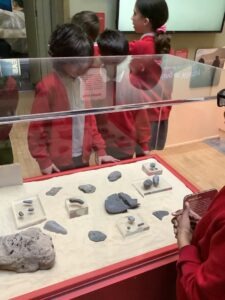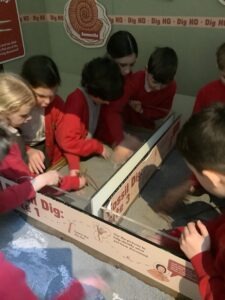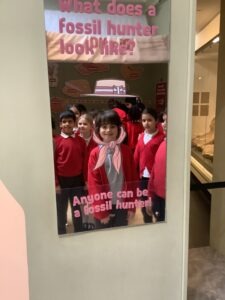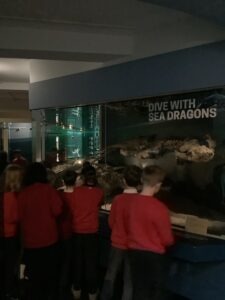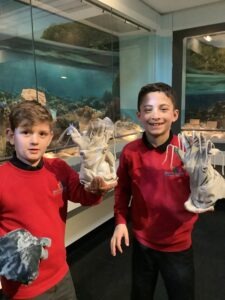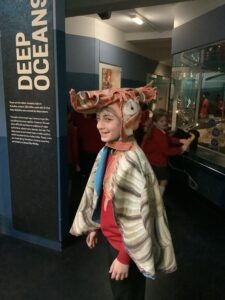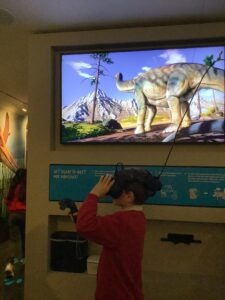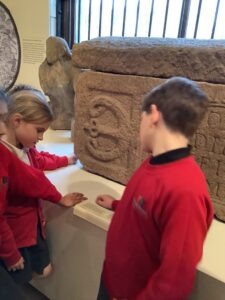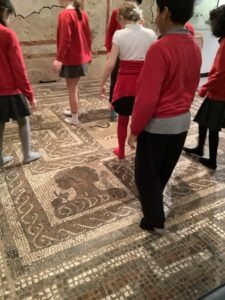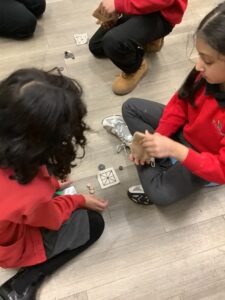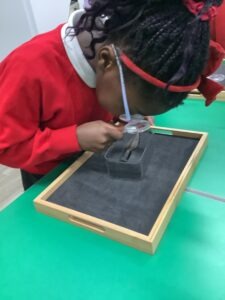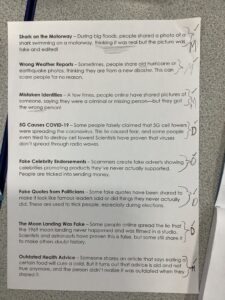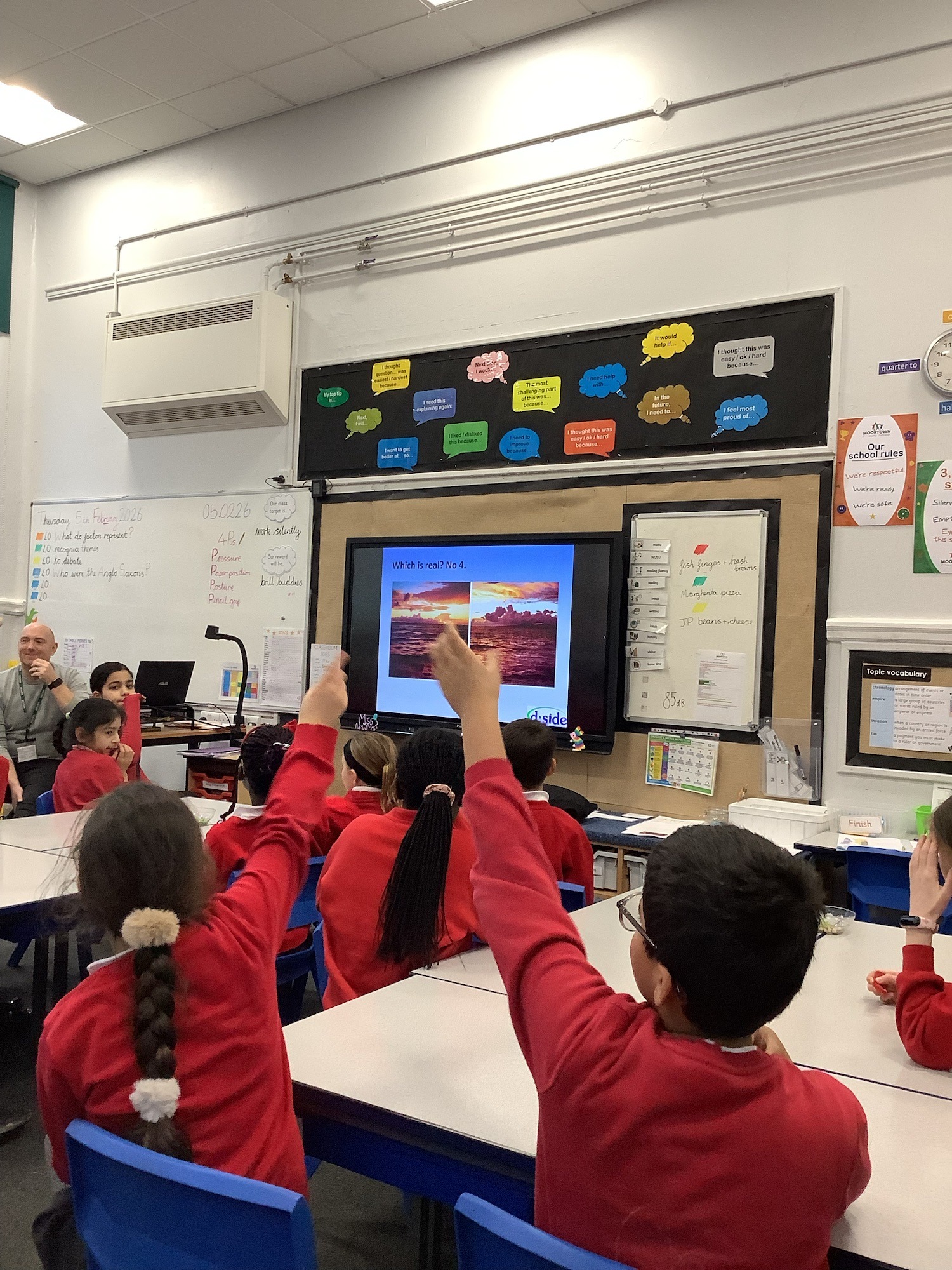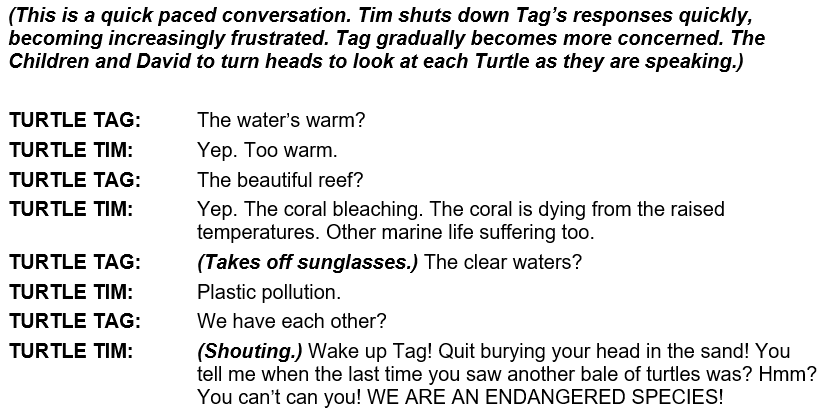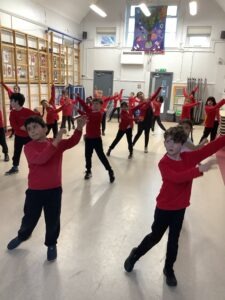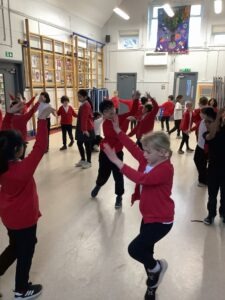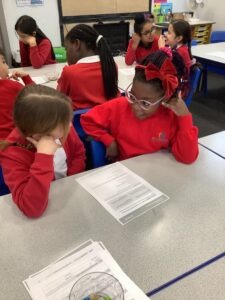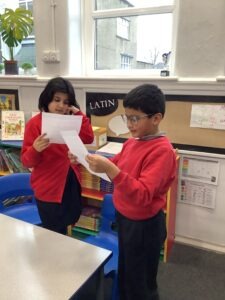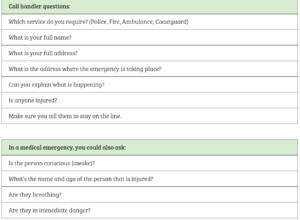Trip to Yorkshire Museum!
Yesterday, Year 3 and 4 were lucky enough to visit Yorkshire Museum. This trip linked brilliantly to our History topic – Romans and Anglo-Saxons.
Before lunch, we had plenty of time to explore the museum exhibits. In Year 3, your children learnt about rocks and fossils in Science so the Jurassic exhibitions were a clear favourite in our class! We loved dressing up as Romans, spotting Latin words we recognised from our lessons and getting up close to swords and helmets discovered by archaeologists.
After lunch, we continued the fun with a Roman workshop. We learnt and played a real Roman board game and had a chance to hold some Roman artefacts that were around 2,000 years old!
We had a fantastic day exploring the museum and stayed safe by listening, staying close to our adults and walking in pairs.
Help at home: ask your child one new fact that they learnt while at the museum.
Basketball half term holiday camps
There are the last remaining places available on these half term City of Leeds Basketball Club holiday camps held locally at Allerton High School.
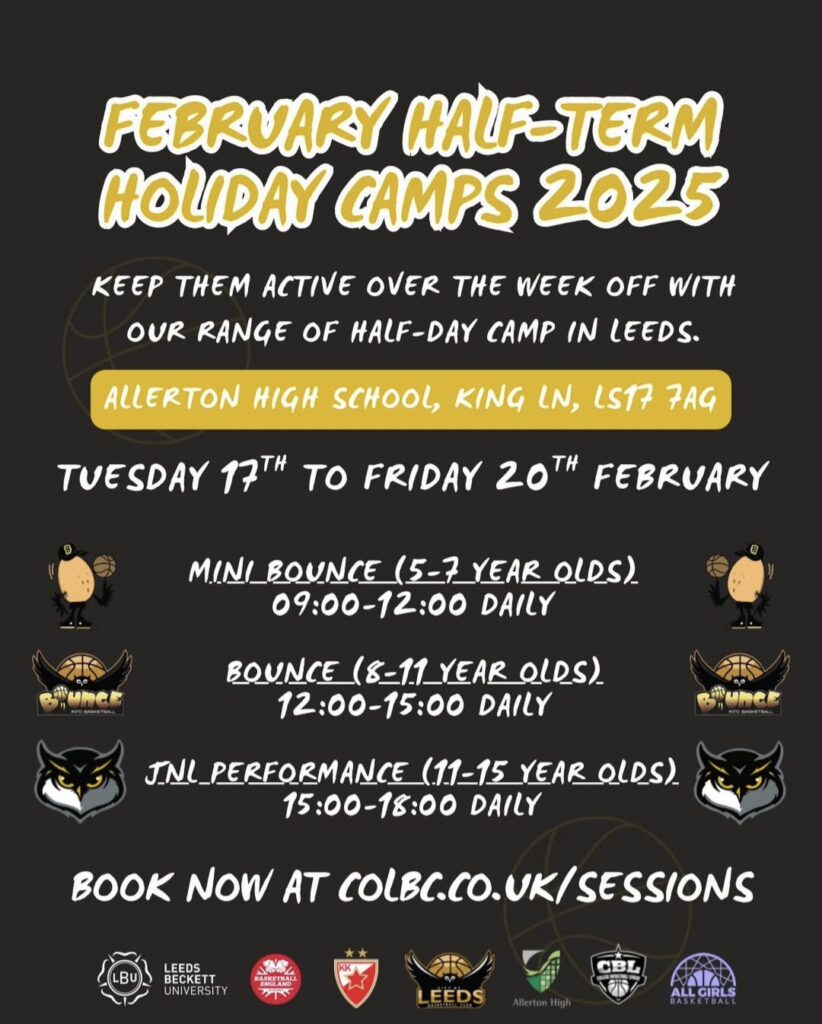
Safer Internet Day!
Today is Safer Internet Day! This is a day designated to all things online safety.
In Year 4, we focused on some key elements of online safety:
- Fake news
- Sharing personal information
- Respect online
We began by discussing fake news and how we can spot it. Not everything we read online is true and we must make sure we don’t trust everything we read. Fake news can either be spread accidentally or on purpose:
- Disinformation is when people spread false information deliberately to trick others.
- Misinformation is when people share false information by mistake, thinking it’s true.
Questions we can ask when deciding if an information source is trustworthy:
- Who’s written it?
- Do they have a good reputation?
- Why has it been written?
- Is it opinion or fact?
- Is it high quality?
It’s really important to always speak to a trusted adult if you’re unsure about something you read online.
Help at home: ask your child how they can spot fake news.
School dinner menu
After February half term, we start our new menu which runs to the end of the year. It can be viewed here. Please review this with your child to help with their selection at the start of the day. We continue to offer meat free Mondays.
The cost of a school meal is:
- children in Reception, Years 1 and 2: this is free because of universal infant free school meals
- children in Years 3, 4, 5 and 6: £3.05 for children in Years 3 to 6
Payment should be paid in advance on the Arbor app. We’re happy to accept payment for the week, month, half term or term. We prefer two weeks’ notice to change lunch arrangements.
All children in Reception, Year 1 and Year 2 receive free school meals. If your child is in Year 3 to Year 6, and you are on benefits or a low income, your child may be eligible for free school meals.
Some people like to choose a mix of school dinners and packed lunch for their child – that’s absolutely fine, as long as it’s a the same pattern of school dinners and packed lunches every week. Just let office staff know which days you’d like to opt in for a school meal in the week, and which days you’d prefer to provide your child with a packed lunch.
We continue to gather feedback from children on our school meals.
If you have any feedback, please do get in touch.
D:Side – online safety
Yesterday, Year 4 were lucky to have a workshop from D:Side all about staying safe online – particularly when playing online games.
Not everything we see online is trustworthy and your children were great at identifying that! We discussed how not everyone online is who they say they are so we must always speak to a trusted adult if we’re unsure or feel unsafe online. We even learnt about spotting fake news or AI generated images.
Although the internet is great for many things, we must make sure we’re using it safely. For example, your children love playing lots of online games (which can be great fun) but sometimes they also introduce risks. That’s why they have age restrictions based on what content is included in the games.
In Year 4, we should only be playing games that are rated ages 3 or 7. This is because they have content that’s appropriate for our age.
I was really impressed with your children’s knowledge of how to stay safe online. It was great to hear all their contributions for how we can make sure we’re being safe and responsible online.
Help at home: check the age ratings of your child’s favourite games to play online. Are they appropriate for them to play?
Year 3/4 production auditions
Next half term, Year 3 and 4 are beginning rehearsals for their production – Sir David Hattenscarf – that will be at the end of the term. All the children have the opportunity to audition for the production if they’d like the chance of having a larger part!
Auditions will be held at lunchtime on the 10th Feb.
Practise this section of the script and bring it to the audition.
Any questions, please ask Miss Birch and Miss Newman.
PE: Dance
We are dancers!
In PE this half term, we’ve been doing dance. We’ve been exploring different elements of dance and how we can use them when creating a final group routine.
- Space – pathways
- Tempo – time
- Dynamics
We started the half term by exploring different pathways – curved, angular and freeform. We imagined we were in snow and had to picture the trail we’d be leaving as we moved through the space.
Next we looked at tempo. This is the speed at which a dancer moves: fast, slow, acceleration, deceleration or free flowing. We spoke about the rhythmic use of the body to music, sound, no sound or voice.
Finally, today we thought about different dynamics in dance. These are the movements we make and the quality of these movements. The three we looked at were:
- swinging
- suspending
- vibrating
I’ve been amazed by Year 4’s dances every week – they’re fantastic! All of your children are confident dancers and demonstrate all three elements brilliantly.
Help at home: put on your favourite song and ask your child to dance to it while thinking about the three elements of dance.
Leeds Cross Country final
We were very proud of our five Key Stage 2 children who took part in the Leeds Cross Country Final at Temple Newsam today.
In muddy, slippy conditions they all put in 100% effort in their races and were a great support for each other. The children should feel proud of competing against the best runners from across Leeds.
We’ll wait to hear if we have any qualifiers for the next round, the West Yorkshire Final.
Thank you to parents who helped with transport and supported at the event.
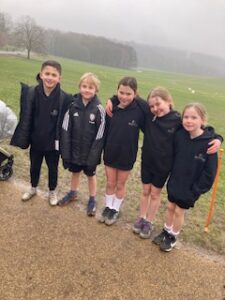
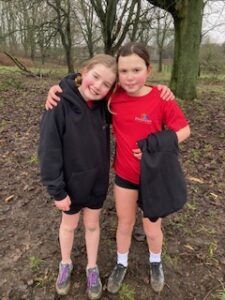
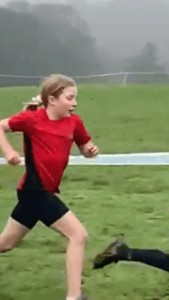
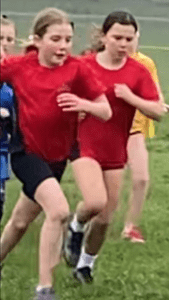
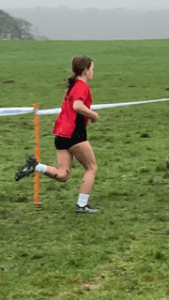
Year 4 class assembly!
Year 4 have been given their scripts to prepare for their class assembly next week! It would be brilliant if over the weekend your child can try to learn their lines off by heart for Wednesday.
We can use our oracy skills (speaking and listening) to make sure our performance is as strong as possible:
- project our voices loudly and clearly
- keep eyes on the audience
- read with expression
- good posture and open body language
We’re looking forward to seeing you there, if you can make it!
Help at home: practise your child’s lines with them.
Living & Learning: emergency services
Today in L&L, Year 4 were learning all about the emergency services. We began by defining what an emergency is and how would we know if we’re in one.
An emergency is a serious, unexpected, and often dangerous situation requiring immediate action.
In the UK, we have four emergency services who are highly trained people whose job it is to keep us safe from danger:
- Fire Service
- Police Service
- Ambulance Service
- Coastguards
We spoke about what we should do if we’re ever in an emergency…
CALL 999
In the UK, we call 999 in an emergency. However, if you call the American number (911) you’ll still get put through to 999.
After discussing how a 999 call goes and how to make a good one, we used this to practise making the calls. One of us was the caller and the other was the handler.
Help at home: practise a pretend 999 call with your child.
